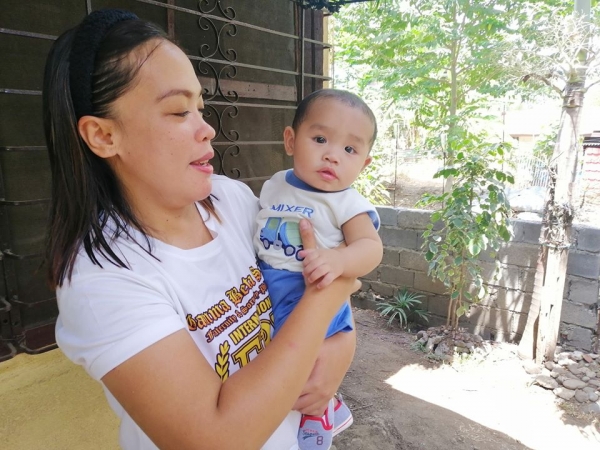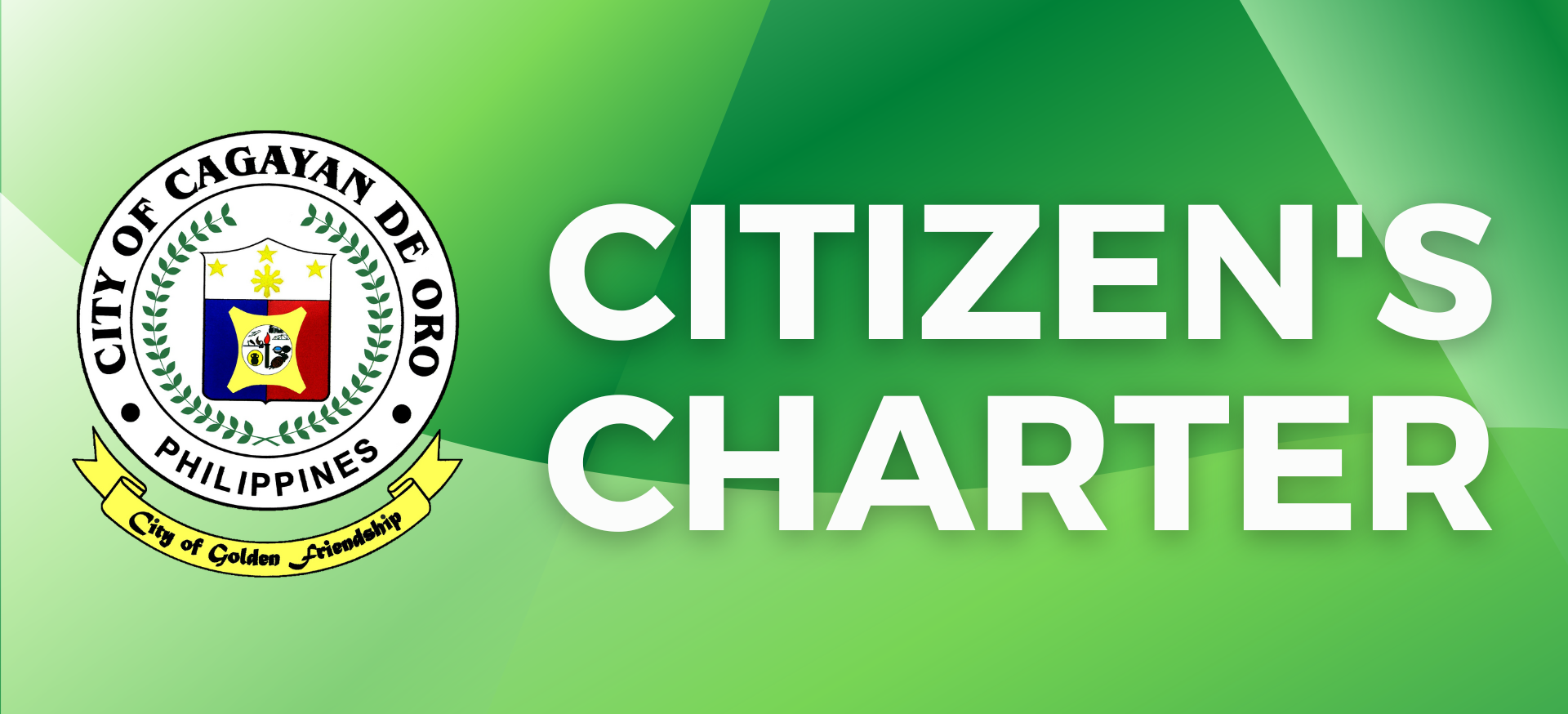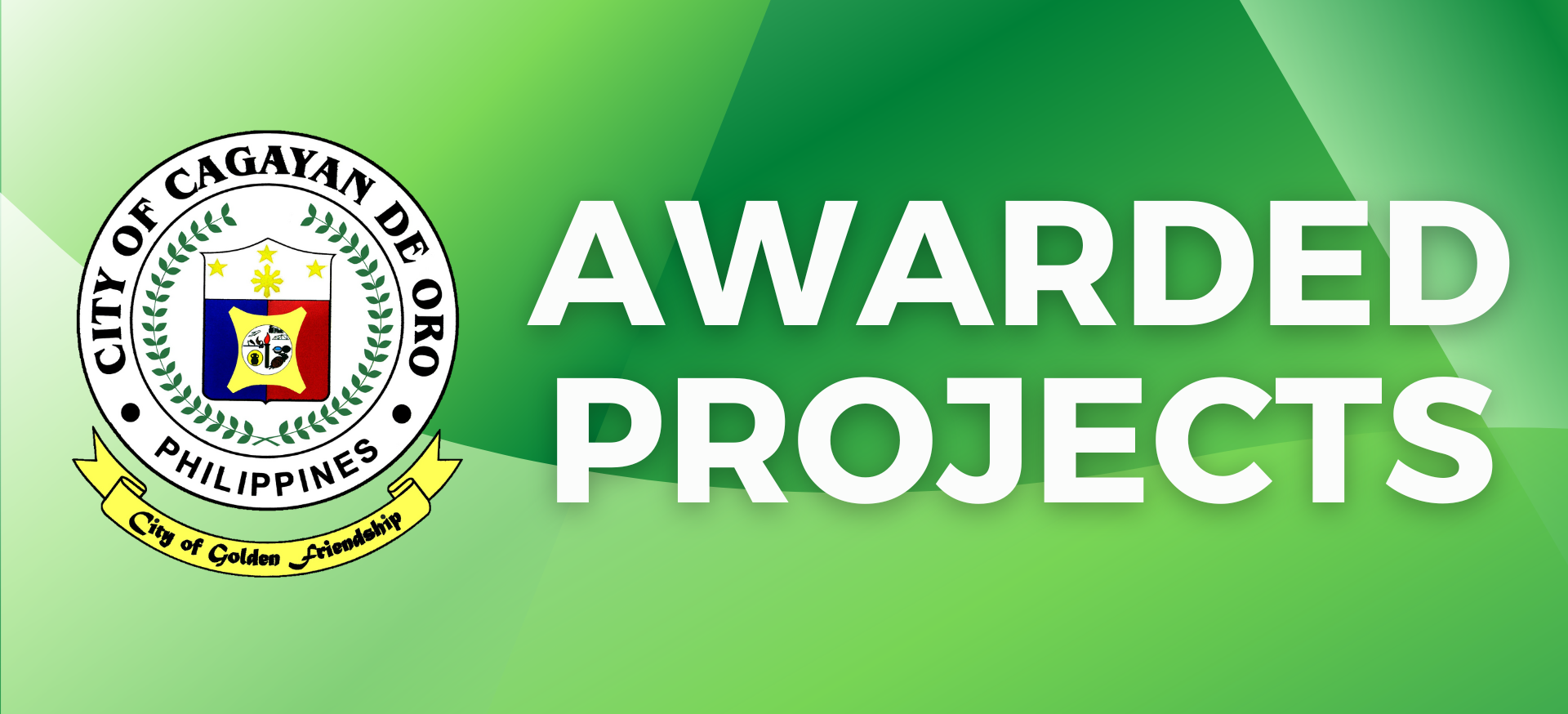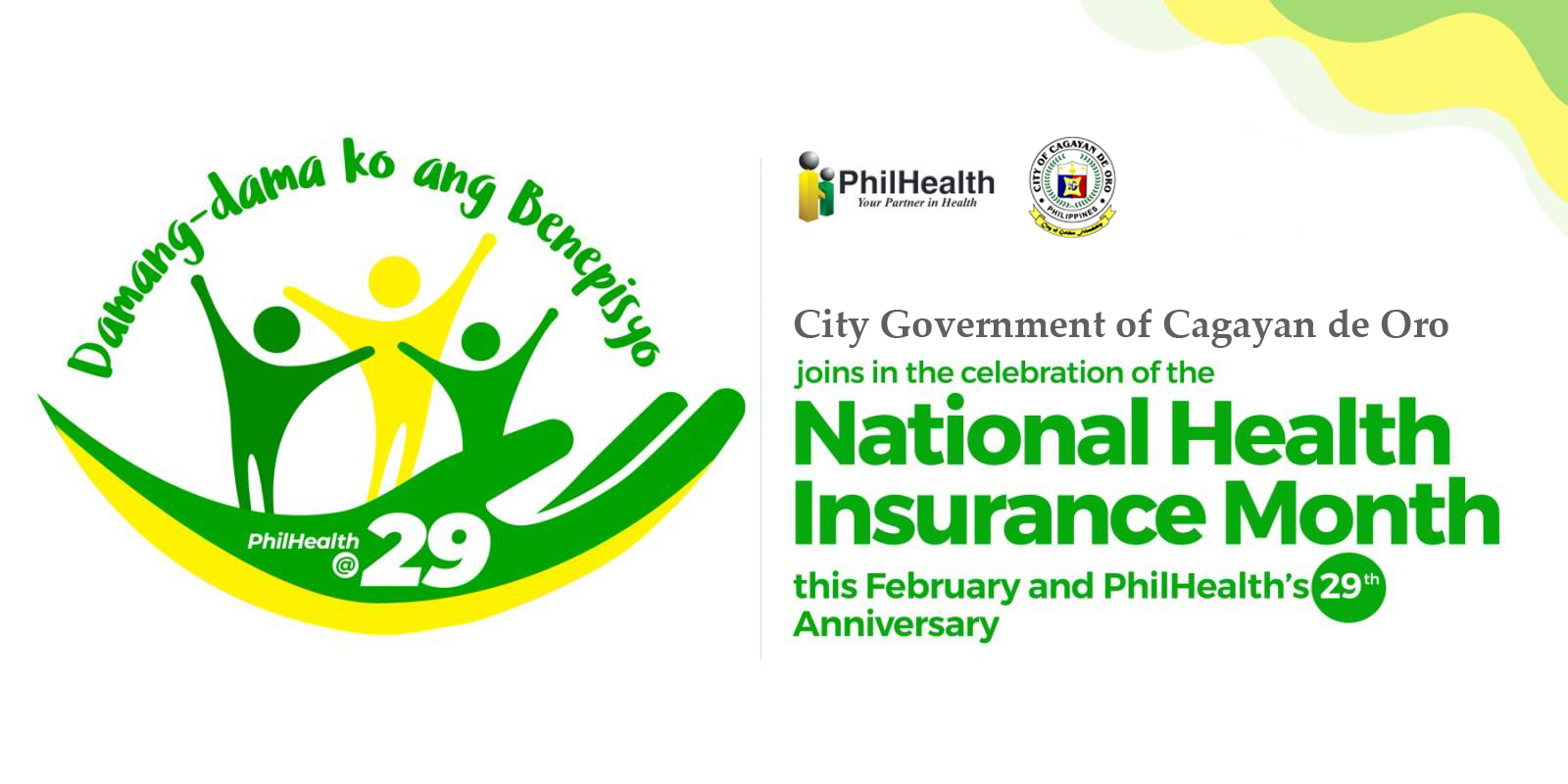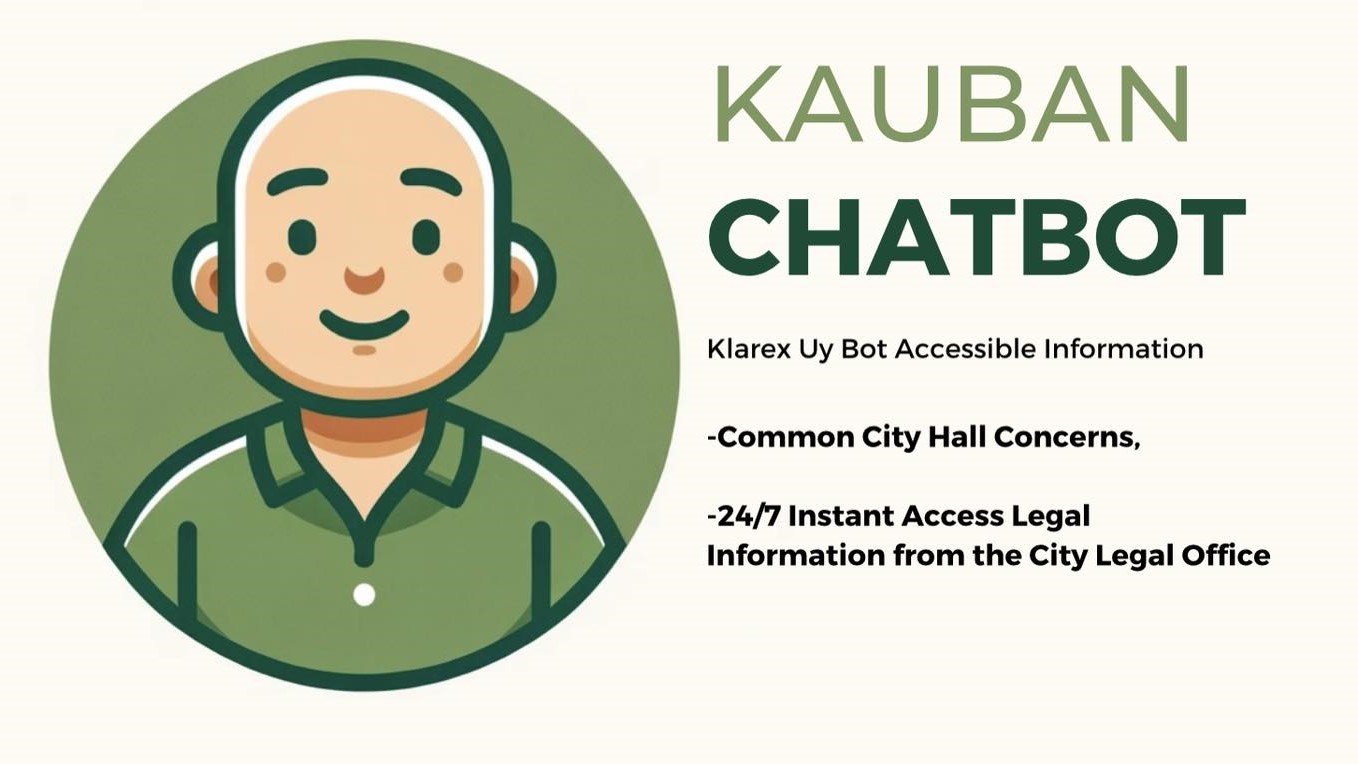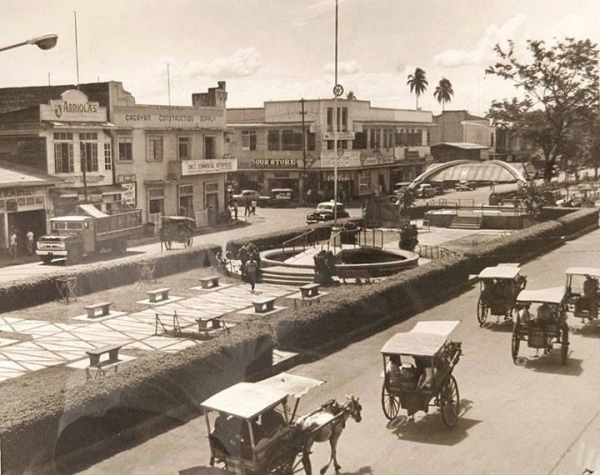(DISCLAIMER: This is an opinion piece by John David O. Moncada, a Graduate School student from the University of Science and Technology of Southern Philippines.)
Daisy, 34, led me inside the sala with her baby clasped in her arms. It was dim and the preaching from the “vegetarian church” just right next to her parent’s house in Zone 6, Bugo was competing with my voice that was trying to sound grateful to her for agreeing to be interviewed. So we transferred to the dirty kitchen at the back of the house where it was quieter.
It was quiet but the anxiety inside Daisy seems apparent through the post she made on a Facebook page of “Feed Hungry Babies” initiative. The exact chopped words say: hello po. pwd ba nku e apply akong baby as beneficiary. 6mos.na xa.i am a solo parent (Hello. May I apply for the benefit of my baby? He is six months old. I am a solo parent.).
She sat in front of me and then in a little while, she excused herself so that she could lay her six-month-old baby, Cris Joshua, next to her sister inside their room. She came back and took her seat again and then I threw the first question in Bisaya: Gigutom imong bata?
While hoping that she can get whatever little help from the said initiative, Daisy revealed in the course of our conversation, where she sounded apologetic most of the time, that she actually has an initiative of her own. She has started cultivating a small vegetable garden in a house that was just leant to her by a generous friend.
“Sa sud-an, di man pwede sige ka ug de lata mao nang karun naa nakoy gulayan sa balay,” she remarked. (You cannot just eat canned goods all the time that’s why I have started a vegetable garden at home.)
By de lata, she’s referring to the relief goods of six cans of sardines and two cans of corned beef both from the local government units. Along with these de lata are 15 kilos of rice, two packs of noodles, and a pack of coffee and sugar. She is grateful for these supply but not long from now she knows that these will run out. And occupying a house in a gated community makes her uncertain if she will benefit from the amelioration program of DSWD for solo parents like her.
“So gikan karon, mamulak na to (eventually, the plants will bear flower),” she said in anticipation about her vegetable garden. “Pwede na dayon siya kan-on with sabaw-sabaw something (and then they can be ingredients for a soup),” she sounded sure.
Daisy brought the microphone closer to her as she enthusiastically had a rundown of the vegetables in her garden: alugbati (Malabar spinach), Chinese kangkong (water spinach), camote tops (young leaves, leafstalks, and stems of sweet potato), sibuyas dahunan (onion leaves), kalamunggay (horseradish) and tanglad (lemon grass). She has planted these vegetables in either tin cans or plastic containers which she has asked tirelessly from her neighbors. And she hanged some on the fence and she placed some on the ground.
What Daisy has done is a response to the call of the government and of various organizations and institutions to plant vegetables in containers and in available spaces in households or in idle spaces in communities at this time of COVID-19. The regional office of the Department of Agriculture (DA) ran an initiative called Ahon Lahat, Pagkaing Sapat (ALPAS) to concretise the call. Vegetable seeds are given out for free from their regional office in Antonio Luna Street in the city to anyone who is interested. The City Agricultural Productivity Office itself gave seeds provided by the DA to some 800 urban gardeners.
Vegetable gardening is to ensure sustained production, availability, accessibility, and affordability of food especially at this time of a health crisis. Archbihop Antonio J Ledesma of the Roman Catholic Archdiocese of CDO said that vegetable gardening either in households and in communities encourages local produce that will sustain the vulnerable residents in the informal sector and those who are unable to gainfully employed at this time just like Daisy who used to do work in a beauty salon or through home service on the sideline at weekends pre-COVID-19 days.
Among the vegetables she has in her garden at the moment, camote tops is beneficial for mothers because it is rich in calcium and iron. Alugbati, kalamunggay, and tanglad support lactation. The last two act as a galactagogue, a natural substance to support lactation. According to a study, mothers who consume kalamunggay daily saw significant increases in mothers’ breast milk volume and infant weight gain.
“Ginagmay ra man na sir oi (this is just a small-scale garden),” she sent me a message along with snaps of her vegetables post interview via Facebook. But she is interested to have more – I was thinking, perhaps to include beans and legumes which are rich sources of proteins and sweet potatoes and even bananas as substitute for rice – especially that she is a lactating mother at this time of a difficult situation caused by COVID-19.
“Para sa akoa ‘kaon ug daghang utan, Daisy, para sa imong baby’ ug dili lang pud para sa iyaha, para pud sa usa nako ka anak, ug para pud sa akong nutrisyon (For me, ‘Daisy you have to eat vegetables for your baby,’ and not just for him, but as well as for my eldest, and for my nutrition),” she preached to her self.

A lesson Daisy Jane, a mother of two, has learned amidst COVID 19 is to save up for the rainy days. She has started cultivating a vegetable gardening in a house she's staying in Poblacion, Tagoloan. Now that she's completed her requirement for graduation and quarantine isn't lifted yet, she has more time with family, especially her six-month old baby, Chris Joshua.
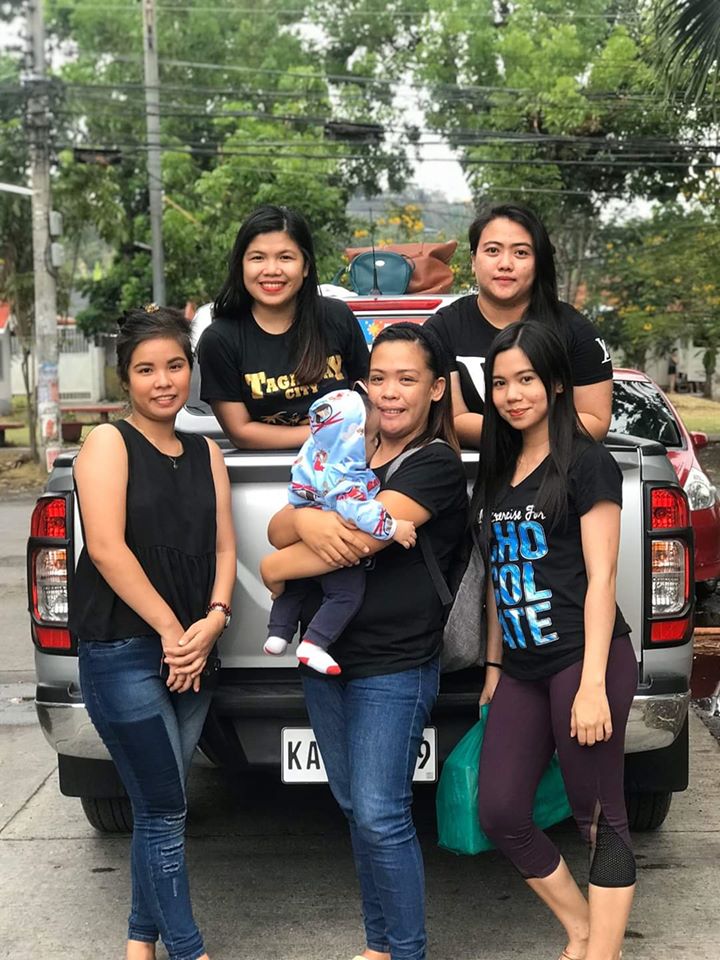
Daisy has now received from Feed Hungry Babies essentials, such as baby food, vitamins, and diapers. For more information on how to help, check out @feedhungrybabiescdo on Facebook.

Daisy hasn't really thought of cultivating a vegetable garden not until she noticed an alugbati growing in an idle space in her home. She has observed that a number of her neighbors have vegetable gardens, too. From alugbati, Daisy now has included kalamunggay, camote tops, among others which are good for her as a lactating mother. She hopes to grow her vegetable garden more.
Sources:
Agri NorMin chief to families: Grow veggies to ensure food security. (n.d.). Philippines News. https://www.philippinesnews.net/news/264884390/agri-normin-chief-to-families-grow-veggies-to-ensure-food-security
Inc., P. (n.d.). ACDO calls on clergy to open parishes to community food gardening. Mindanao Daily News Online. https://www.mindanaodailynews.com/news/the-region/cagayan-de-oro/acdo-calls-on-clergy-to-open-parishes-to-community-food-gardening
KangKong (Water spinach) is good for pregnancy and babies. (n.d.). Health Benefits of Fruit. https://healthbenefitsfruit.blogspot.com/2016/01/kangkong-water-spinach-is-good-for.html
(n.d.). Farm Information Bureau - Home. https://www.fibkerala.gov.in/images/ejournal/2016/pages/34.pdf
The amazing benefits of Malunggay (Moringa). (2019, February 27). Motherlove Herbal Company. https://www.motherlove.com/blogs/all/the-amazing-benefits-of-malunggay-moringa
 World Health Organization
World Health Organization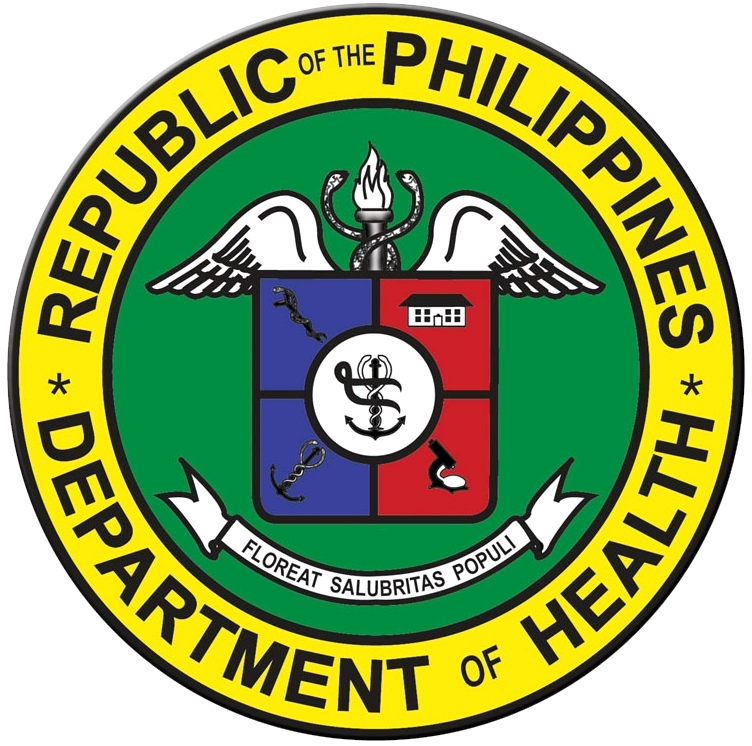 Department of Health
Department of Health 


